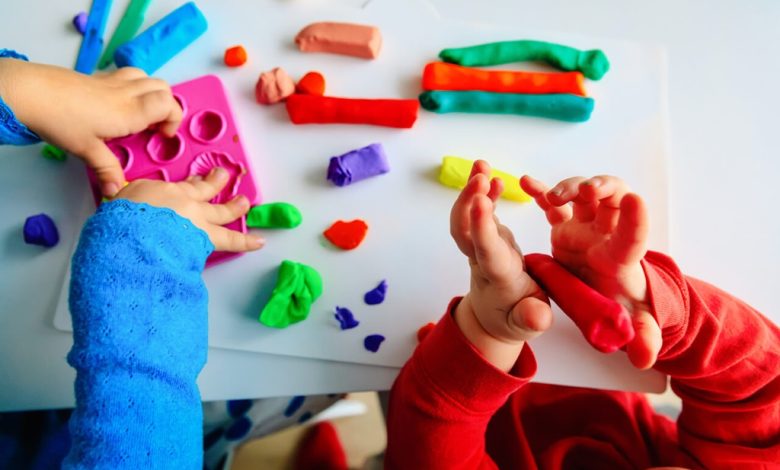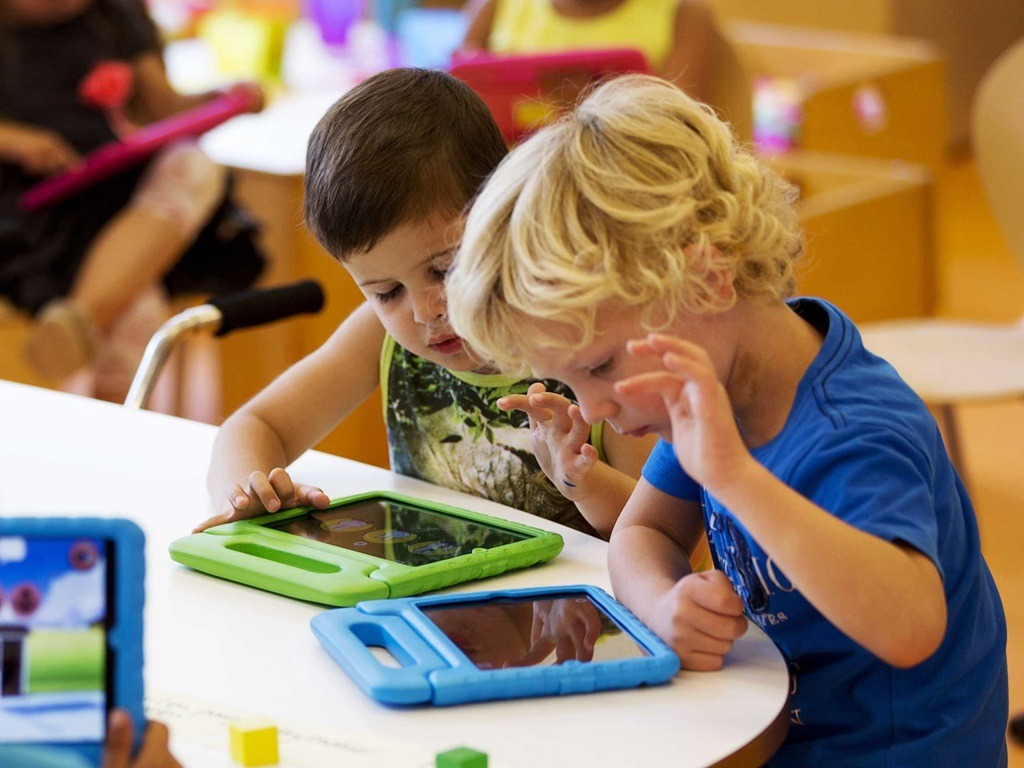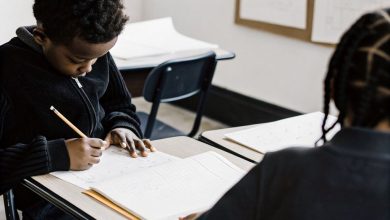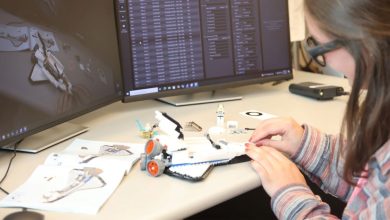Why Play Matters More Than Ever in Early Childhood Education: A 21st Century Imperative

In a world increasingly dominated by screens and structured activities, the simple act of play may seem like a frivolous luxury. However, for young children, play is not merely a pastime; it is an essential cornerstone of development, learning, and well-being. In fact, the significance of play in early childhood education has never been more critical than it is today.
The Neurological Foundations of Play
Play is not just about having fun; it is deeply rooted in our neurobiology. When children engage in play, their brains are actively forming connections, building neural pathways that lay the foundation for future learning. The prefrontal cortex, responsible for executive functions like decision-making and problem-solving, undergoes significant development during play. Through playful exploration, children develop cognitive flexibility, creativity, and resilience – skills that are highly valued in the 21st century.
Play as a Catalyst for Holistic Development
Play is a multi-faceted experience that nurtures development across all domains. Physically, play helps children develop motor skills, coordination, and spatial awareness. Socially and emotionally, play provides opportunities to learn communication, negotiation, cooperation, and empathy. Through play, children develop a sense of self, build relationships, and learn to navigate social situations.
The cognitive benefits of play are equally profound. Playful exploration allows children to make sense of the world around them, develop problem-solving skills, and learn through trial and error. Symbolic play, where children use objects to represent other things, fosters imagination and creativity. Research has shown that children who engage in rich play experiences have better language skills, enhanced memory, and stronger critical thinking abilities.
Play in the Age of Technology

In today’s digital age, where screens have become ubiquitous, the importance of play has taken on new urgency. Excessive screen time has been linked to a range of negative outcomes, including attention deficits, sleep problems, and obesity. Play, on the other hand, offers a counterbalance to the sedentary nature of screen-based activities. It encourages physical activity, social interaction, and creative expression.
Furthermore, the skills that children develop through play – creativity, critical thinking, and problem-solving – are precisely the skills that will be essential for success in the future workforce. In a rapidly changing world, where many jobs are being automated, the ability to adapt, innovate, and think outside the box will be highly sought after.
Related: What Sort of Play Equipment Should Schools Invest in?
Reimagining Early Childhood Education
Recognizing the vital role of play, many early childhood educators are shifting away from traditional, teacher-directed approaches and embracing play-based learning. Play-based learning creates an environment where children are active participants in their own learning. Through guided play, teachers can scaffold children’s learning, introduce new concepts, and support the development of specific skills.
Play-based learning is not about abandoning structure or academic rigor. Rather, it is about creating a joyful, improved learning environment where children can explore, discover, and learn at their own pace. Research has shown that play-based learning is associated with a range of positive outcomes, including improved social-emotional skills, enhanced language development, and stronger academic achievement.
The Way Forward
In a world that is constantly changing and evolving, the importance of play in early childhood education cannot be overstated. Play is not a luxury; it is a necessity. It is through play that children develop the skills, knowledge, and resilience they need to thrive in the 21st century. As parents, educators, and policymakers, it is our responsibility to protect and promote children’s right to play. By investing in play-based learning, we are investing in the future of our children and the future of our society.
Let us not forget that play is not just about childhood; it is about humanity. Play is what makes us human. It is through play that we learn, grow, and connect with one another. Let us reclaim the power of play and create a world where all children have the opportunity to play, learn, and flourish.



